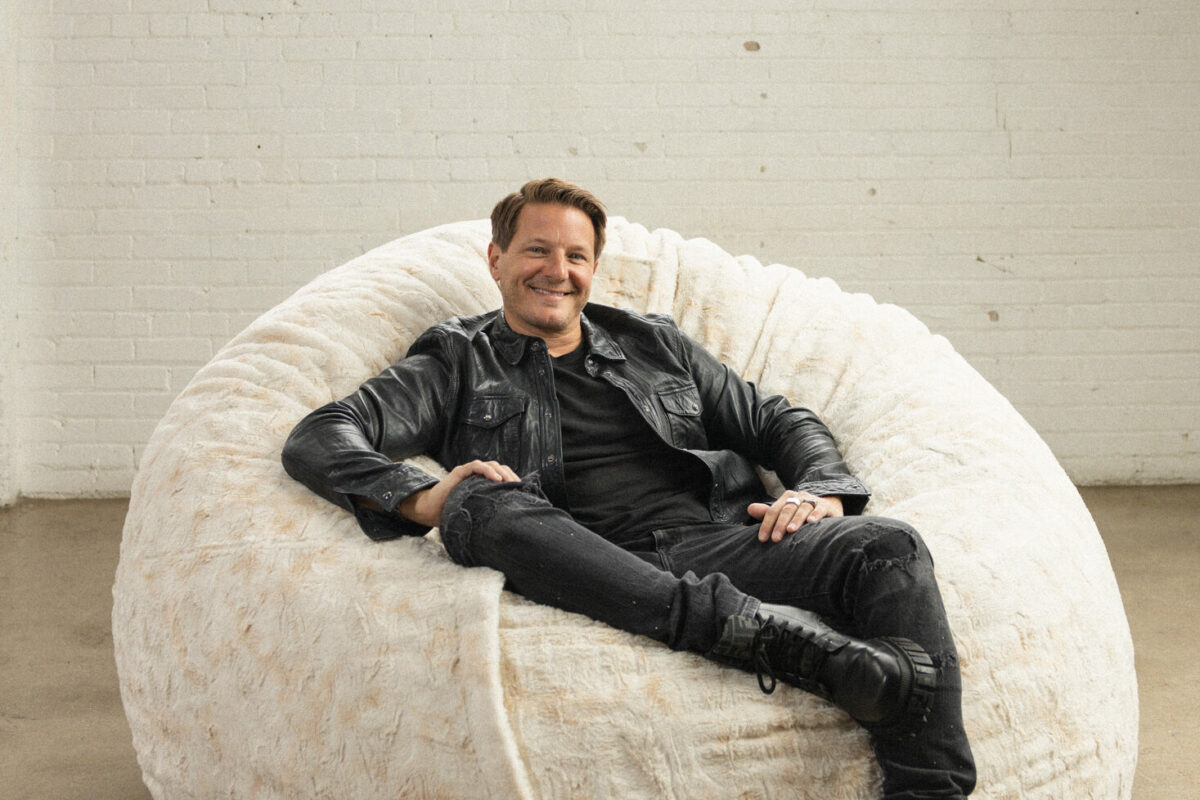Marketers mostly focus on repositioning their own brands. But, you can also reposition a competitor’s brand. That is, you can create messaging about your brand that shed’s a negative light on the competitor’s brand, making your brand look better in comparison. Repositioning is how you adjust perceptions, whether those perceptions are about you or about your competition often hanging a negative on the competition as a way to set up a positive. Here are some examples of that.
- Avis leveraged its #2 rental car position with the tagline and campaign “We try harder,” implying that the #1 brand Hertz was resting on its laurels.
- Scope focused not on the consumer problem which its product cured, but on the consumer problem its competitor caused. Scope used this weakness to reposition Listerine as “medicine breath.”
- Apple repositioned PCs as stodgy and boring in its ‘I’m a Mac and I’m a PC’ campaign. A Bill Gates look-a-like punctuated the portrayal of PC’s while Mac had a cool, progressive Jobs-esque character.
- Arrowhead Smoke Shop and Gas Mart (in Upstate New York) ended a series of television ads with the comment, “and we don’t add water to our gasoline” implying that some of their competitors might (a claim that I believe only a few people would find credible).
- The Blake Project helped one health care system reposition their competitors as not being able to handle the toughest medical cases, identifying many proof points to reinforce this perception.
- The Blake Project helped FootJoy tap into golfers’ aspirations to be seen as serious golfers with the tagline “The mark of a player” implying that its competitors’ brands are not the choice of the most serious golfers.
- Tylenol repositioned Bayer and its miracle drug aspirin as something that is harsh on your stomach by claiming that “aspirin can irritate the stomach lining…for those that cannot take aspirin, fortunately, there is Tylenol.”
- BMW went after the comfort cars of Mercedes-Benz by repositioning them as the “ultimate sitting machine” compared to BMW’s performance oriented “ultimate driving machine.”
- Consider the success of negative campaigning in which one political candidate or party positions the other in a negative light. Lyndon B. Johnson successfully portrayed Barry Goldwater as threatening nuclear war in his “Daisy Girl” campaign ads. Karl Rove substantially diminished John Kerry’s chances of becoming president by positioning him as a “flip flopper.” Newt Gingrich said “The guy who gets defined as an extremist is going to be on defense all the time.”
- In the 1980’s, Pace salsa hung a negative on the leading brand of salsa, making it known the leader was made not in the southwest but New York City.
- The National Pork Board’s very successful “Pork. The Other White Meat.” campaign implied that beef is less lean and less healthy than pork.
- Speaking of beef, U.S. government scientist Gerald Zirnstein successfully coined the term “pink slime” to demonize the unlabeled and unappetizing bits of cartilage and other chemically-treated scrap meat going into U.S. ground beef. The meat industry calls the product “lean finely textured beef” (LFTB), “finely textured beef”, and “boneless lean beef trimmings” (BLBT).
To successfully reposition the competition keep these keys in mind:
- Aim for their weakness, no matter how small. Their weakness can be your strength.
- Never be afraid of conflict. The crux of a repositioning program is undercutting an existing concept, product, or person.
- In our over-communicated society, the best ideas for repositioning brands are simple.
- Make sure the repositioning idea is meaningful to your target audiences.
- The negative must come from a simple observation the public can verify themselves. You can’t make up a negative. It has to have a basis in reality.
The Blake Project Can Help: The Brand Positioning Workshop and Brand Strategy and Customer Co-Creation Workshops
Branding Strategy Insider is a service of The Blake Project: A strategic brand consultancy specializing in Brand Research, Brand Strategy, Brand Licensing and Brand Education




